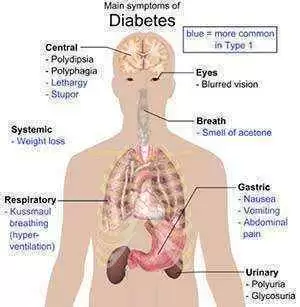It is well known that environmental nutrition and infections play a key role in the development of diabetes (type 1). A Czech research team made up of doctors David P. Funda, Anne Kaas, Helena Tlaskalová-Hogenová, Karsten Buschard recently set out to study the relationship between type 1 diabetes and both gluten-free and gluten enriched diets. The team tested the hypothesis that early introduction of gluten into the diet might increase diabetes incidence in mice.
Celiac.com Sponsor (A12):
For a period of 310 days, non-obese diabetic (NOD) mice were fed one of the following diets: standard diet, a gluten-free diet, a gluten + modified Altromin diet, or a hydrolyzed-casein based Pregestimil diet. The mice were observed for signs of diabetes, including evaluation for insulitis score, and numbers of gut mucosal lymphocytes.
Compared to mice fed the standard Altromin diet, mice fed on the gluten-free and the Pregestimil diets showd markedly lower incidence of diabetes. Incidence rates were as follows (p < 0.0001): NOD mice fed gluten-free diet (5.9%, n = 34) and Pregestimil diet (10%, n = 30) compared to mice on the standard Altromin diet (60.6%, n = 33).
Somewhat unexpectedly, the gluten+ diet also prevented diabetes to the same degree as the gluten-free diet (p<0.0001, 5.9% n=34). Of those mice who did develop diabetes, those on the gluten-free and Pregestimil diets did so at a later time than those on a standard diet.
Compared to control mice, non-diabetic NOD mice on the gluten-free diet and to a lesser extent also gluten+ and Pregestimil diets showed lower insulitis scores. No significant differences were found in the number of CD3+, TCR-+, and IgA+ cells in the small intestine. The researchers concluded that a gluten-enriched diet prevents diabetes in NOD mice at the same rate as a gluten-free diet.
Diabetes/Metabolism Research and Reviews, Volume 15, Issue 5 , Pages 323 - 327
health writer who lives in San Francisco and is a frequent author of articles for Celiac.com.





Recommended Comments